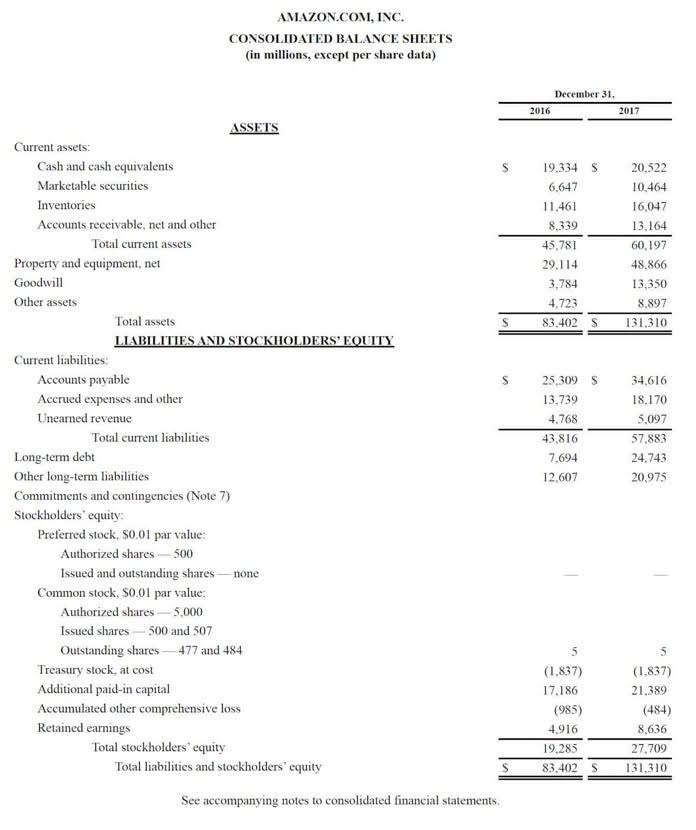Indian Court Rulings Help Firm Up Tax Treatment of Service Fees

Accounting in your small law firm might seem exhausting, especially when your passion lies in practicing law. But effective law firm accounting isn’t just necessary—it’s a strategic advantage. It’s a common assumption that all accounting software works in the same way, but that’s not the case. This software varies greatly depending on the specific needs of the law firm. Regardless of the size of your firm, sound accounting practices are critical.

The Challenges of Law Firm Accounting
Creating a balance between financial compliance and profitability isn’t just a nice-to-have—it’s a must-have. With the right strategies, tools, and a keen eye on the legal requirements specific to your practice, you can follow the law and make a profit. As you integrate technology into your law firm’s accounting practices, picking the right software is key. With the right tools, technology, and insights, your legal practice can meet compliance requirements and provide clients with top-tier service, all while turning a profit. Overcoming challenges in law firm accounting requires preparation, understanding, and a willingness to adapt and implement best practices. While the path might seem filled with obstacles, remember that every successful hurdle makes you stronger and guides your firm closer to the finish line.
Cost Recovery
For law firms, accounting is made slightly more complex due to client trust accounts, and the dizzying array of regulations surrounding them. These regulations can make even the most experienced accountant’s head spin. Client trust accounts (also known as Interest on Lawyer Trust Accounts, or IOLTAs) are a unique and delicate part of law firm accounting. They hold client funds separate from the firm’s finances, like retainers or settlement amounts. Accurately managing them is crucial, as even a minor error could escalate into an ethics violation.
Regulations & Compliance
Smaller firms can benefit enormously from specialized accounting software, primarily because this software optimizes their limited resources. Every financial operation in your law firm must align perfectly with the regulatory requirements, from the loftiest budget decision to the smallest expense report. It’s all about creating an unshakeable framework that keeps the practice secure and thriving. In small law firms, you’ll often find the accountant and the bookkeeper rolled into one. The same person dealing with the big-picture financial strategy is knee-deep in day-to-day transaction tracking.

The right strategies and tools can turn maintaining client trust accounts from a challenging task into a seamless process. Your firm’s reputation will stay intact as a result, and you’ll avoid potential pitfalls. In the fast-paced world of law, where trust is paramount, these practices are a necessity. Embracing technology in law firm accounting isn’t merely a modern convenience—it’s a strategic move that can power your practice’s growth and efficiency. And the right accounting software can transform legal accounting into a straightforward, manageable process. It’s a strategic blueprint that aims to minimize tax liabilities, all within legal bounds.


For law firms, this might include using business expense deductions or employing a deferral strategy to delay tax payments. You’ll also want to consider your law firm’s entity type, the number of owners, financing, and the location of your practice. Law firm accounting software is a tool used to manage a law firm’s financial tasks, like tracking payments, handling bills, and managing https://www.bookstime.com/blog/insurance-accounting budgets. It helps make these processes easier and more accurate by automating many of the tasks involved. Investing in law firm accounting software can automatically flag any potential compliance issues. Another option is to hire specialized professional accountants with a solid understanding of law firm accounting who can closely monitor the firm’s financial health.
Law Firm Accounting Software & Tools

What most people typically think of as accounting is traditional bookkeeping—balancing the books, debiting this account, and crediting that one. However, accounting is much more than that, as it focuses on interpreting, classifying, analyzing, and reporting a company’s financial transactions. Early tax preparation is all about organizing, strategizing, and aligning your financial documents to avoid last-minute law firm accounting services rushes. Procrastination in tax preparation can lead to overlooked deductions, errors, and costly late filing penalties. Fortunately, by the time you finish reading this, you’ll have the confidence to dive headfirst into the accounting world of your small firm. Eliza Grinberg is a founding partner at the Law Offices of Grinberg & Segal, PLLC, with over 16 years experience in all areas of Immigration Law.
Tax Planning
- Think your small law firm doesn’t need specialized accounting practices?
- Now that we’ve established what law firm accounting involves, let’s get into the nitty-gritty of how the typical elements of standard accounting work for specific law firm accounting needs.
- Ben Aston is an online media entrepreneur and founder of Black & White Zebra, an indie media company on a mission to help people and organizations succeed.
- Technology is transforming every aspect of our lives, including law firm accounting.
- Regardless of the size of your firm, sound accounting practices are critical.
Think your small law firm doesn’t need specialized accounting practices? A common pitfall in cost recovery is failing to document minor expenses, which can add up over time. Using expense tracking software designed for law practices can help make sure that everything that keeps your firm profitable is accounted for.
- Using expense tracking software designed for law practices can help make sure that everything that keeps your firm profitable is accounted for.
- With the right strategies, tools, and a keen eye on the legal requirements specific to your practice, you can follow the law and make a profit.
- Many dedicated trust accounting tools offer features such as automatic reconciliation and separate ledger management.
- In the fast-paced world of law, where trust is paramount, these practices are a necessity.
- In accounting, recognizing revenue is all about timing and categorization.
Law Firm Accounting Simplified: A Toolkit for Success
Law firm accounting also involves the ever-present specter of complex legal billing arrangements. Contingency fees, flat fees, hourly rates, blended rates—it’s a smorgasbord of potential revenue, each with its own accounting and reporting requirements. Law firm accounting is the process of handling all the financial activities within a law firm. It includes keeping track of money coming in from clients, paying the firm’s bills, and managing payroll for staff. This system helps ensure that the firm’s finances are organized and accurate, making sure everything runs smoothly and complies with legal requirements. We’ll delve into the legal accounting process, business and trust accounting rules, and accounting concepts that law firm owners need to keep their business finances in check.
